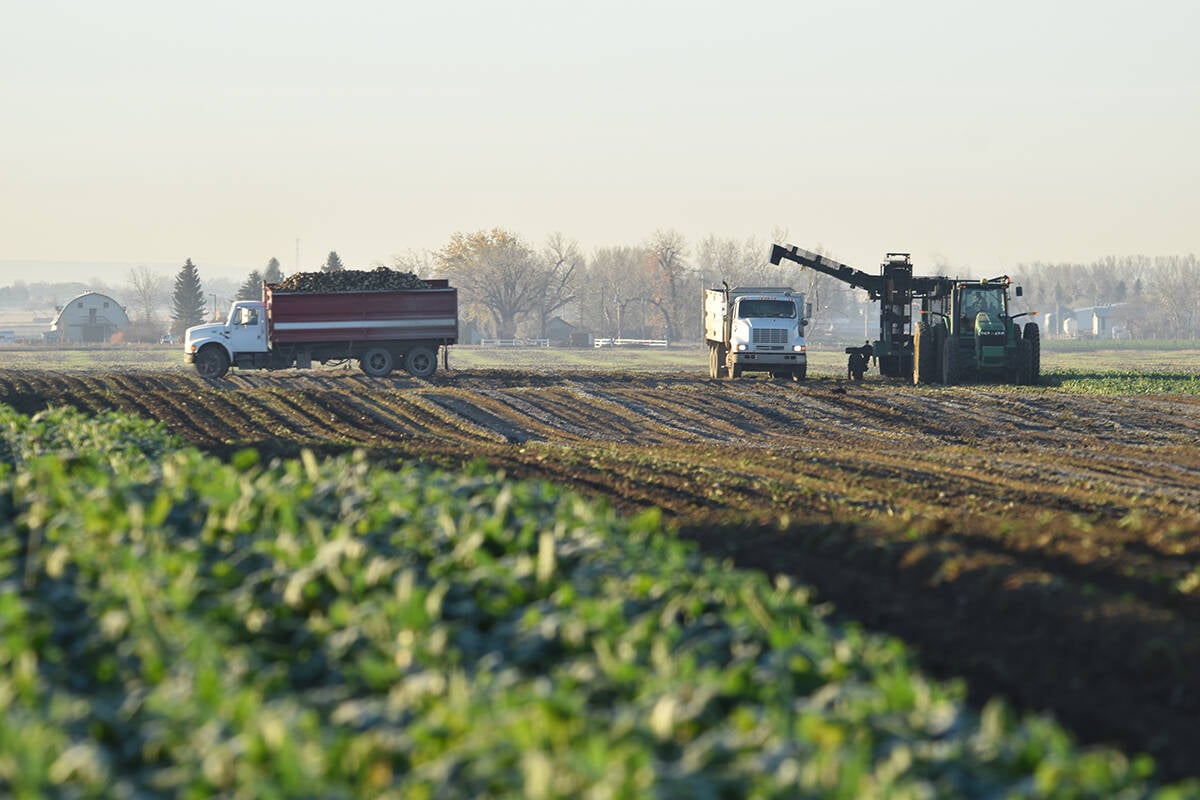Manitoba’s new planning act is a step forward, but only a small one, says David Rolfe, president of Keystone Agricultural Producers.
The planning act, known as Bill 33, was passed in the Manitoba legislature last week. It sets out rules for location and approval of intensive livestock operations in the province.
“We were certainly hoping for more in the bill than what was achieved,” said Rolfe, noting it still will not guarantee consistent rules for ILO development across the province and leaves the door open for clashes based on emotion rather than science.
Read Also

Canada the sole G7 nation without a Domestic Sugar Policy to aid local sugar beet production
Canadian sugar beet industry vastly different to US with free-market system compared to protective government-regulated sugar program
The new planning act was intended to balance provincial interests with local control over developments. The province had pledged to streamline the planning processes for ILOs, while also providing accountable decision making.
Manitoba agriculture minister Rosann Wowchuk described Bill 33 as improvement that takes into account the views gathered during a “tremendous amount of consultation.” That consultation began with the release of a public discussion paper in December 2002.
“Is the bill perfect? Probably not, but I believe the bill will help, because there will be more planning and there will still be the opportunity for input from the public.”
On the upside, Rolfe said Bill 33 requires municipalities to adopt development plans within two years of the bill becoming law and to each adopt a zoning bylaw a year after that. That would make it clearer to those wanting to develop ILOs where their projects would be allowed, Rolfe said.
Most rural municipalities already have development plans in place or are establishing them.
Although the province had intended to narrow the scope of conditions a municipality can impose on livestock operations, Rolfe said the new planning act will allow variability from one rural municipality to another. And he said the potential for acrimony still exists because hearings on livestock developments will remain open to the general public, rather than being confined to those directly affected.














